It seems incredible now but when the BBC’s youth station, Radio 1, was launched in 1967 there were no female presenters. That’s right. Not a single woman’s voice to leaven the mix of Fluff, Blackburn and co. One-half of the young people the Corporation was hoping would stay tuned beyond Listen with Mother and Children’s Hour were burning their bras and demanding the pill. Yet the world presented to them by Auntie was strictly male-only. It took three years before Annie Nightingale was allowed behind the mike, and several more before she had company.
Lessons had been learnt by the time Radio 5 Live was launched 27 years later, and in spite of its dedication to rolling news and sport (still not thought entirely appropriate for fluffy female discourse), the very first voice to be heard was that of Jane Garvey. (This was perhaps not so surprising given that the controller of the station was none other than the pioneering Jenny Abramsky.) Yet it looks now as if the Corporation has gone into reverse gear. How many female presenters are there on Radio 1? Or perhaps more significantly on 2, the BBC’s most successful radio station? How many hours in the day are shepherded by a female voice? How many station controllers are female? (Just one — the incisive but inclusive Gwyneth Williams on Radio 4.)
Over on 5 Live, Garvey’s pacemaking initiative was not followed up and very soon the station became known as a bloke’s paradise, until the arrival of Victoria Derbyshire and Shelagh Fogarty, whose award-winning skills, drawing out politicians, chatting to listeners, leavened the mix of blokeish banter. Now, though, the network’s schedules have been shook up and given ‘an exciting new line-up’. And guess what? There are virtually no women in the mix. Both Derbyshire and Fogarty are leaving, the two stars together, at the same time. Neither will be replaced by a woman.
Both have refused to be drawn on what they think about it. Both, as it happens, are hoping to ‘explore opportunities’ on the other BBC stations. ‘Just because a man takes over from a woman, it doesn’t mean the world is out to get us,’ says Fogarty.
She’s right — in a way. Quotas are never the best way to achieve a sense of balance, fair play, equal opportunity between men and women. But we should be on the alert. A mix of voices is essential, both to listen to but also behind the scenes devising and producing output. In spite of much feminist ideology, men and women do think differently. We need both perspectives on the world, both kinds of understanding. That’s why the next new presenter on Woman’s Hour should be a man.
It was only after Thursday afternoon’s drama on Radio 4, Farran at Bay, had finished that I realised there had been no women in the cast. Hugh Costello’s compelling drama (produced by Alasdair Cross), set in Jerusalem in 1947 when the region was governed by the British Mandate for Palestine, was a cleverly constructed slice of history, effectively told, but it did feel in the end as if something had been missing.
Based on the real-life story of the death of a Jewish teenager probably at the hands of British soldiers, who were ostensibly serving as ‘policemen’, drawn in to oversee the new independent state of Palestine (carved out in 1922 from the remnants of the old Ottoman Empire), the play told the tale of what was effectively a communications shutdown, and a cover-up by the British authorities. The boy was stopped by the soldiers. He was found to be carrying a list of 45 names, which made them suspect he was part of the Stern gang, a terrorist organisation dedicated to achieving the Jewish state of Israel and pushing out of Palestine both the British governors and much of the Arab population. He refused to answer any questions, to give up his name, to acknowledge the authority of the British. He was never seen again. Questions were asked, but no one was ever accused of murder (no body was ever found).
Costello gave us the gung-ho attitude of the British soldiers; the diplomatic double-speak that allowed the affair to be covered up; the inability of the British in charge of Palestine to understand the complexity of the situation: ‘Camel Vale and palm trees. That’s what I signed up for. Instead I got barbed wire and checkpoints — and a nasty dose of reality,’ says the commanding officer who sacrificed the truth to save Britain’s bacon. But the only hint that women inhabited this world was when one of the flawed soldiers was paid to get lost with a prostitute.
Maybe this was the point. To show how things go wrong when the female perspective is ignored? But I would have liked to hear just a word from the boy’s mother, his sister, or girlfriend. Just one word.
Got something to add? Join the discussion and comment below.
Get 10 issues for just $10
Subscribe to The Spectator Australia today for the next 10 magazine issues, plus full online access, for just $10.
You might disagree with half of it, but you’ll enjoy reading all of it. Try your first month for free, then just $2 a week for the remainder of your first year.

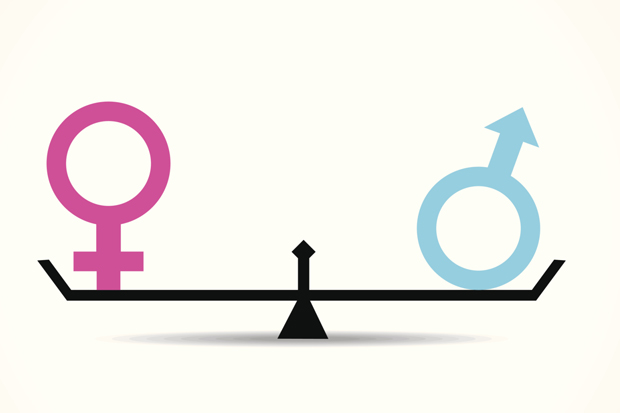
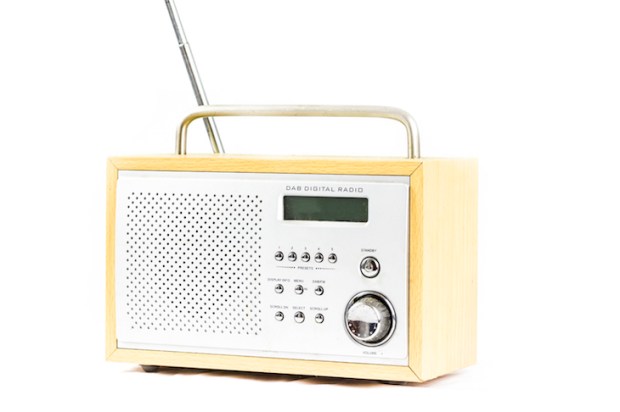


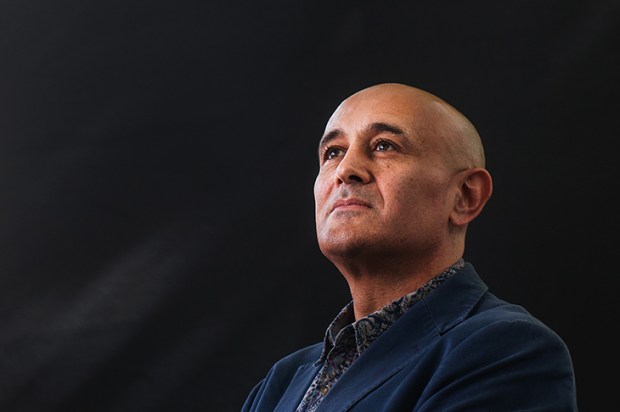
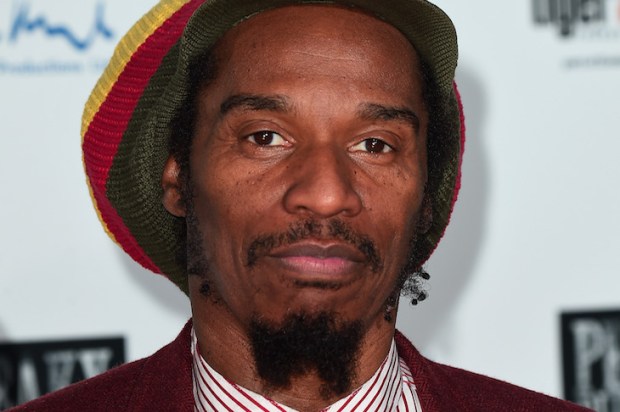
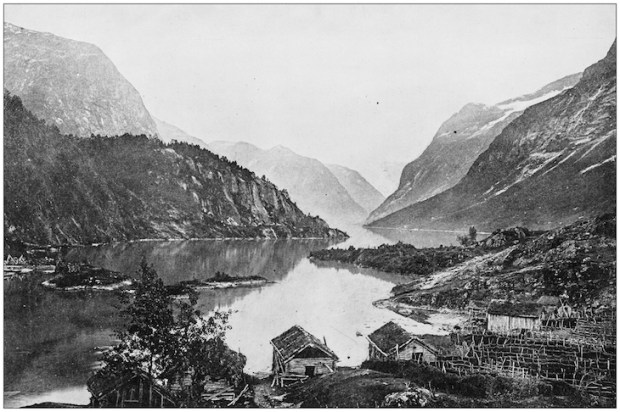






Comments
Don't miss out
Join the conversation with other Spectator Australia readers. Subscribe to leave a comment.
SUBSCRIBEAlready a subscriber? Log in